This policy is not only a concrete step in reforming personnel work, but also a vivid demonstration of controlling power according to a design mechanism, where power is not "freely abused" but must operate within a pre-designed mechanism framework, to prevent the risk of abuse of power, cronyism, or group interests.
Thereby, helping power return to its true nature as a tool to serve the Fatherland and the people.
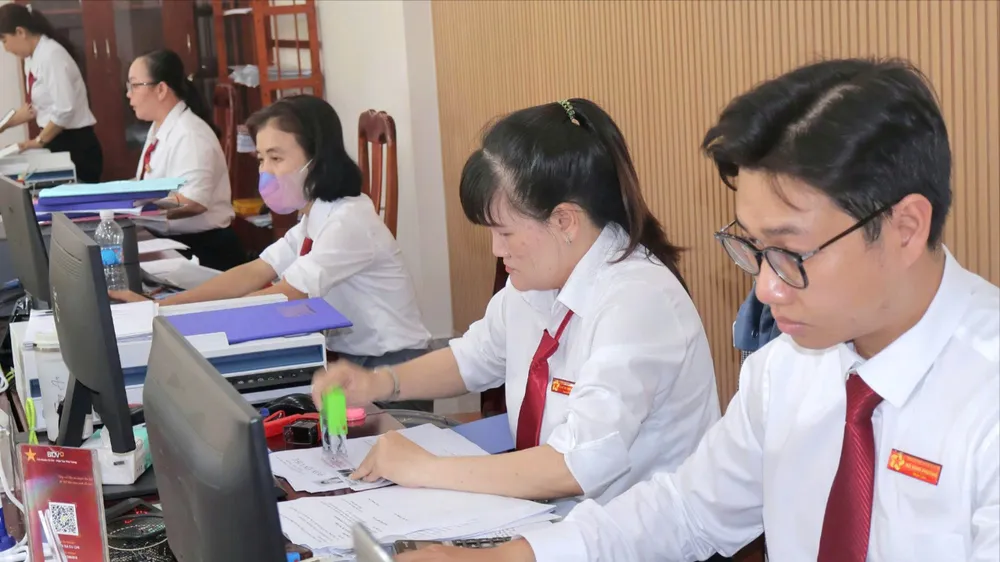
In the political system, power is always associated with responsibility. If not controlled, power can easily be distorted and transformed into personal or local interests. Therefore, controlling power is not only the task of inspection and examination agencies, but also the core institution protecting the integrity of the Party and the State.
The arrangement of a non-local leader is an important "block", preventing cronyism, favoritism, and "respect for people from the same hometown and similar relationships", which are barriers to fairness and transparency in leadership and management.
Reality in many localities in recent times shows that when leaders have deep connections in the area, the implementation of personnel work, planning, land use or resource allocation is sometimes influenced by social relationships, family and acquaintance. As a result, it is easy to form closed interest groups, weakening discipline and distorting power.
Therefore, the institution of power control through the arrangement of cadres, separating the "workplace" and "personal attachment" will help strengthen objectivity and fairness in management and operation. This is not only a matter of personnel, but also a matter of institutions and culture of power, the foundation of a transparent and effective political system.
This policy clearly demonstrates the consistent viewpoint of Party building: not only tightening discipline and order, but also creating a self-control system through mechanisms and processes.
A strong institution must be based on a transparent power structure, clear delegation of authority and strict supervision. When the process is properly operated, the leader, no matter where he is, cannot, and dares not, go beyond the assigned limits.
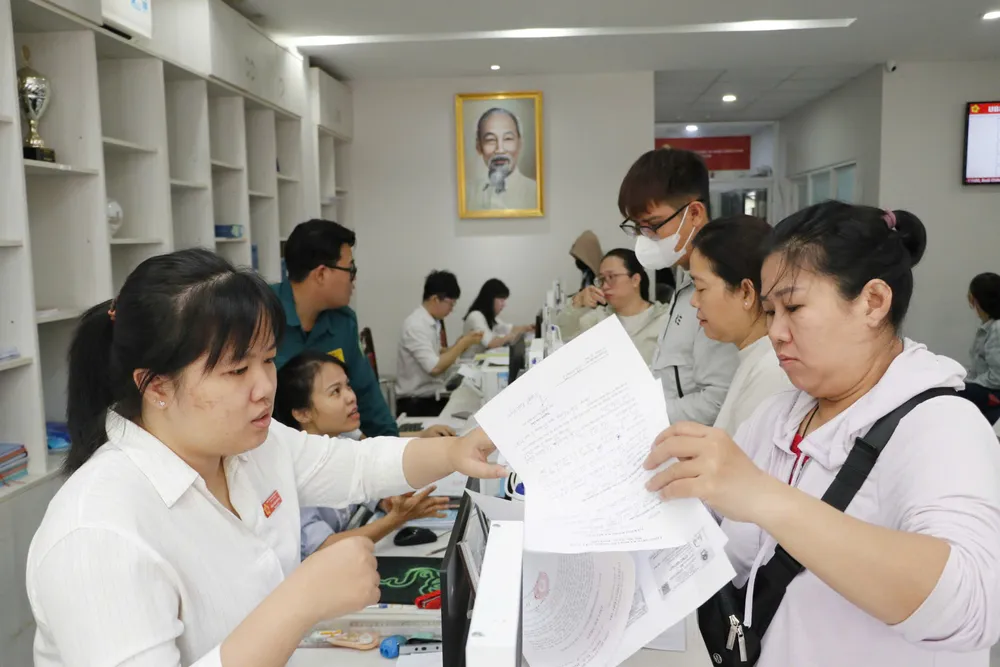
Putting power within a framework is a manifestation of the new political culture: no one is “above” the organization, no one is immune to supervision. When the leader is not a local person, the vision is broader, the approach to problems is more objective, and the “dark areas” in management that familiar relationships can create are minimized.
This is also an opportunity for localities to accept new ways of doing things and new perspectives, thereby promoting innovative thinking, administrative reform, and more dynamic and transparent socio -economic development.
Moving towards expanding the arrangement of non-local people for other key positions such as Chairman of the People's Committee, Chairman of the Inspection Committee, Chief Inspector, etc. is a synchronous step to ensure that the power control mechanism is implemented thoroughly. Because if it only stops at the position of Party Secretary, while other positions are still "local", the control circle will still have loopholes.
Control of power must be institutionalized synchronously, from planning, appointment, supervision to discipline, all must be carried out publicly, transparently, with collective participation and supervision of the people.
Along with this policy, our Party also clearly affirms the principle of "assessing and using cadres through work performance results". This is a step forward from assessment by records and procedures to assessment by actual effectiveness - an institutional breakthrough that perfectly complements the policy of "no local people".
Reform will only succeed when people clearly perceive that the new leadership brings efficiency, transparency and trust, not just a personnel decision.
In the context of the whole Party preparing for the 14th National Party Congress, setting out the above policy has strategic significance: controlling power is a prerequisite for integrity and sustainable development.
When power is placed within an institutional framework, when each leadership position is supervised and when the people have the right to monitor and criticize, that is the foundation for building a clean Party and a strong rule-of-law State.
Source: https://www.sggp.org.vn/khi-quyen-luc-duoc-kiem-soat-bang-co-che-thiet-ke-post816505.html








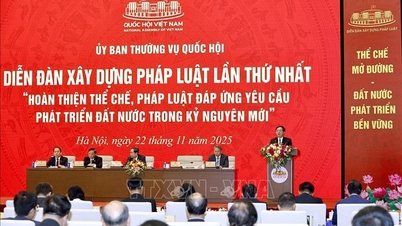

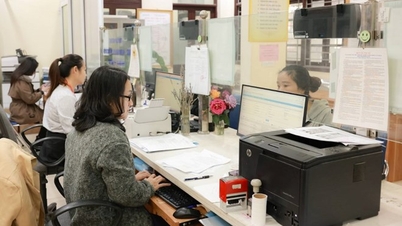

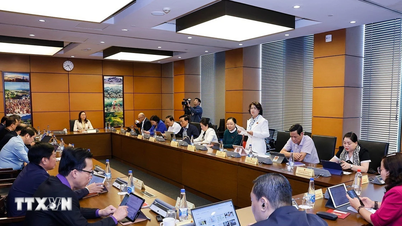






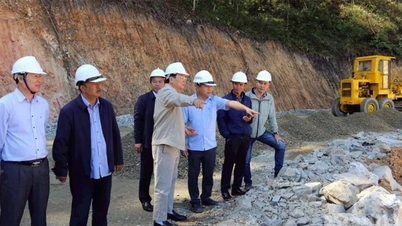
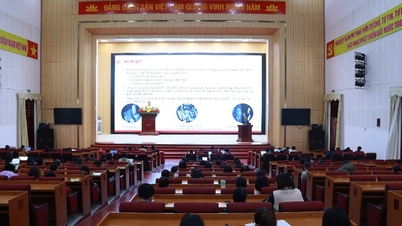

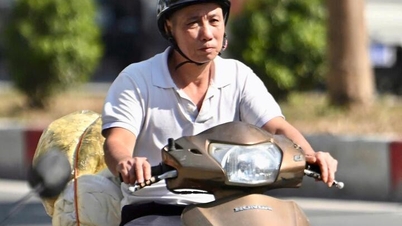

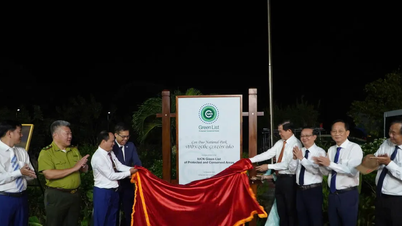





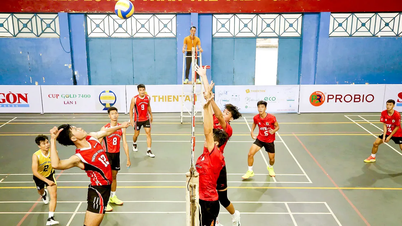

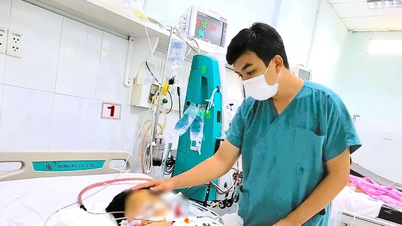
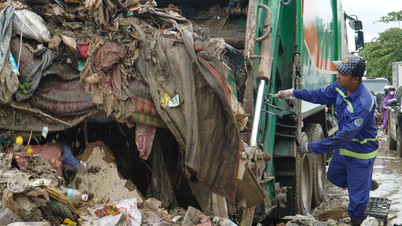
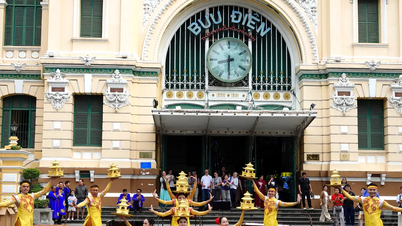
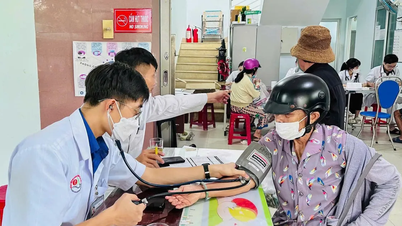





















































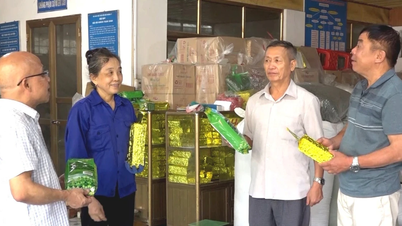
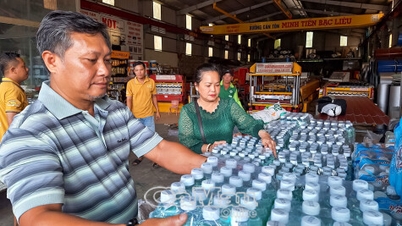

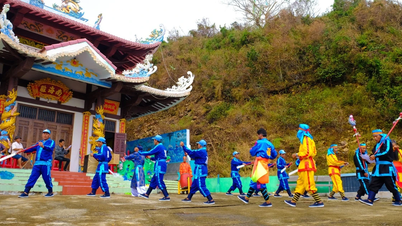














Comment (0)